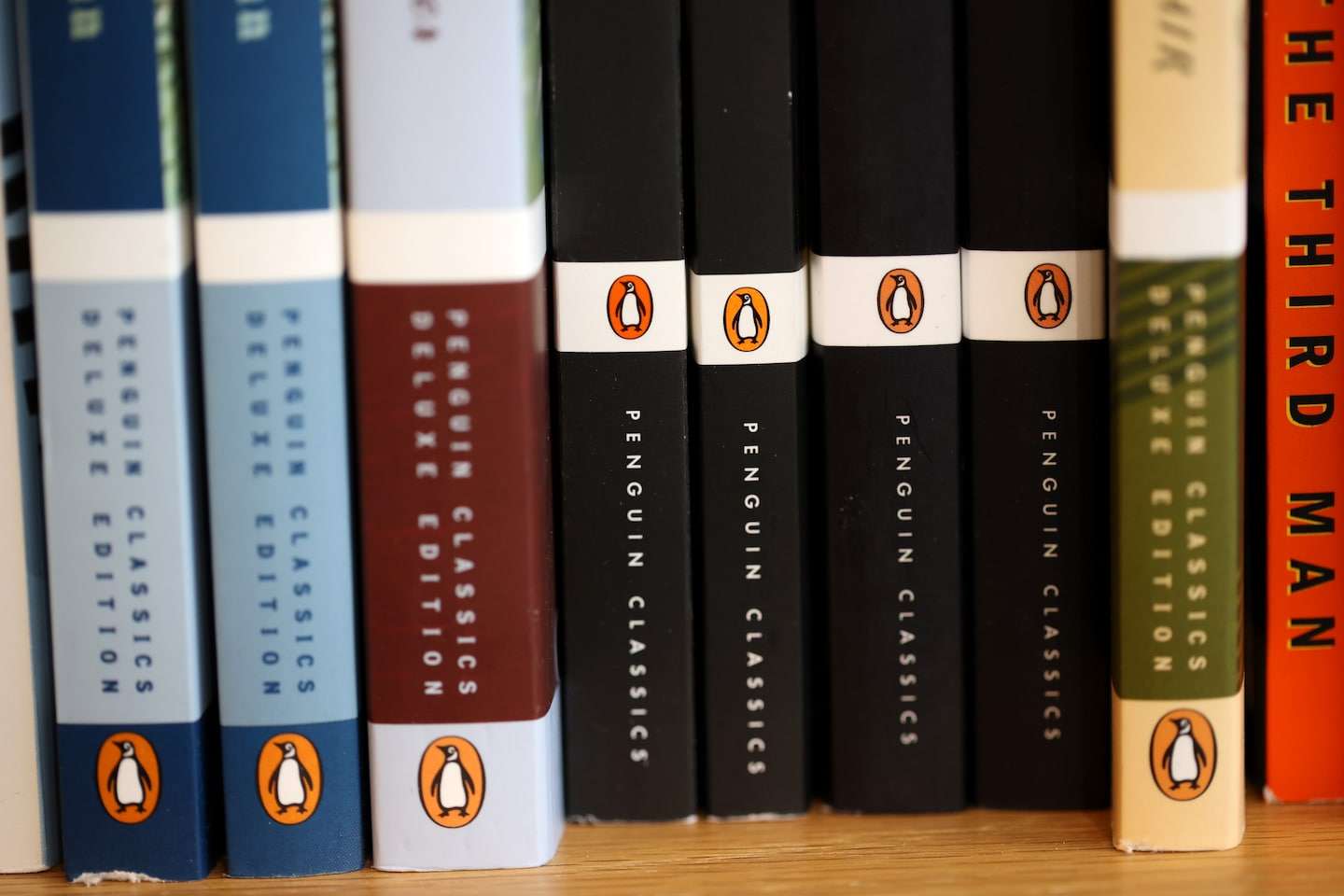A federal judge blocked plans by one of the world’s largest book publishers, Penguin Random House, to acquire one of its rivals Monday, agreeing with the U.S. government that the proposed $2.175 billion merger with Simon & Schuster would “lessen competition” in the industry.
Judge blocks Penguin Random House and Simon & Schuster merger

“The Court finds that the United States has shown that ‘the effect of [the proposed merger] may be substantially to lessen competition’ in the market for the U.S. publishing rights to anticipated top-selling books,” Judge Florence Y. Pan ruled Monday at the U.S. District Court for the District of Columbia.
German media group Bertelsmann, which owns Penguin Random House, said in a statement that it planned to appeal against the decision, with CEO Thomas Rabe saying that both the court ruling and the Department of Justice’s position were “based on incorrect basic assumptions.”
“A merger would be good for competition,” he said in a statement published on the company’s website Tuesday. “We remain convinced that Bertelsmann and Penguin Random House would be the best creative home for Simon & Schuster — with a wide variety of publishers that could operate independently under one umbrella.”
The merger has been a key case in the publishing world as it would reduce the United States’ so-called “Big Five” publishers to four.
Author Stephen King, who is represented by Simon & Schuster but testified against the deal, said he was “delighted” by the ruling.
“The proposed merger was never about readers and writers; it was about preserving (and growing) PRH [Penguin Random House]’s market share. In other words: $$$,” he wrote on Twitter Monday evening.
During the trial, King compared the plan to “a husband and wife bidding against each other for the same house” without truly competing, the Associated Press reported.
The government argued that while the five largest publishing houses control 90 percent of the market, the merger would give Penguin Random House and Simon & Schuster almost half of the market. The remaining three top publishers are HarperCollins, Macmillan and Hachette.
Under the plans unveiled in November 2020, Simon & Schuster would operate as a “separate publishing unit” under the Penguin Random House umbrella, according to a news release republished by the U.S. government.
The deal received approval from Britain’s competition watchdog in May 2021. However, it was opposed by the Biden administration, which has sought to spearhead antitrust efforts in a number of areas.
Penguin Random House was itself born of a 2013 merger between Random House and Penguin.






